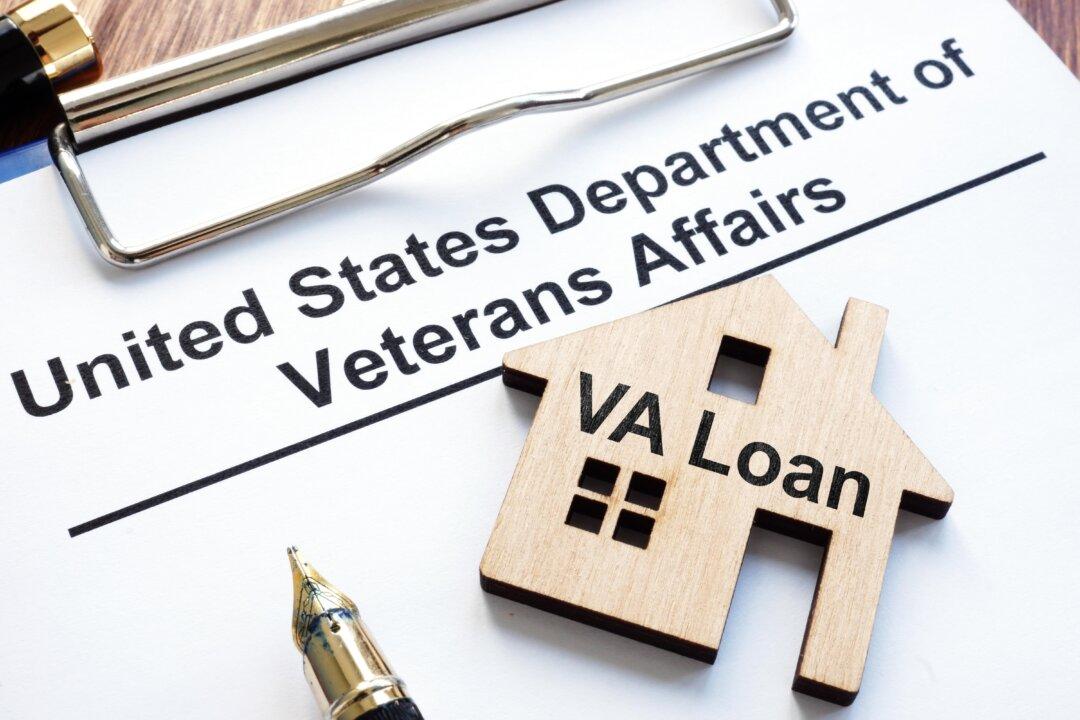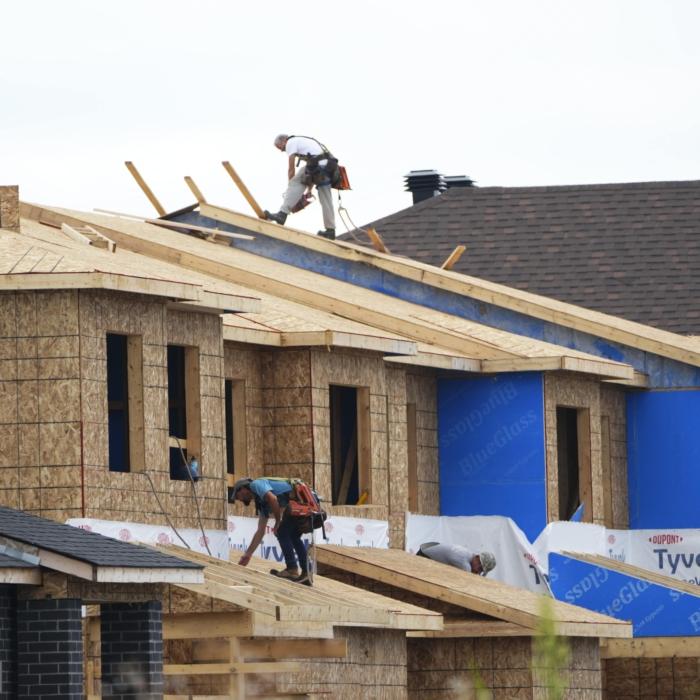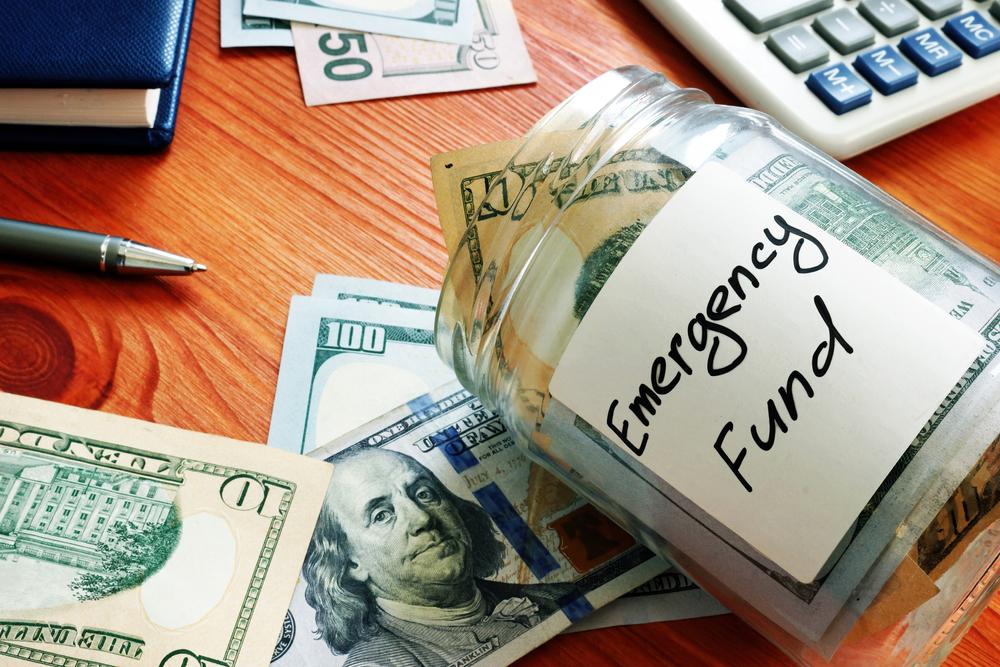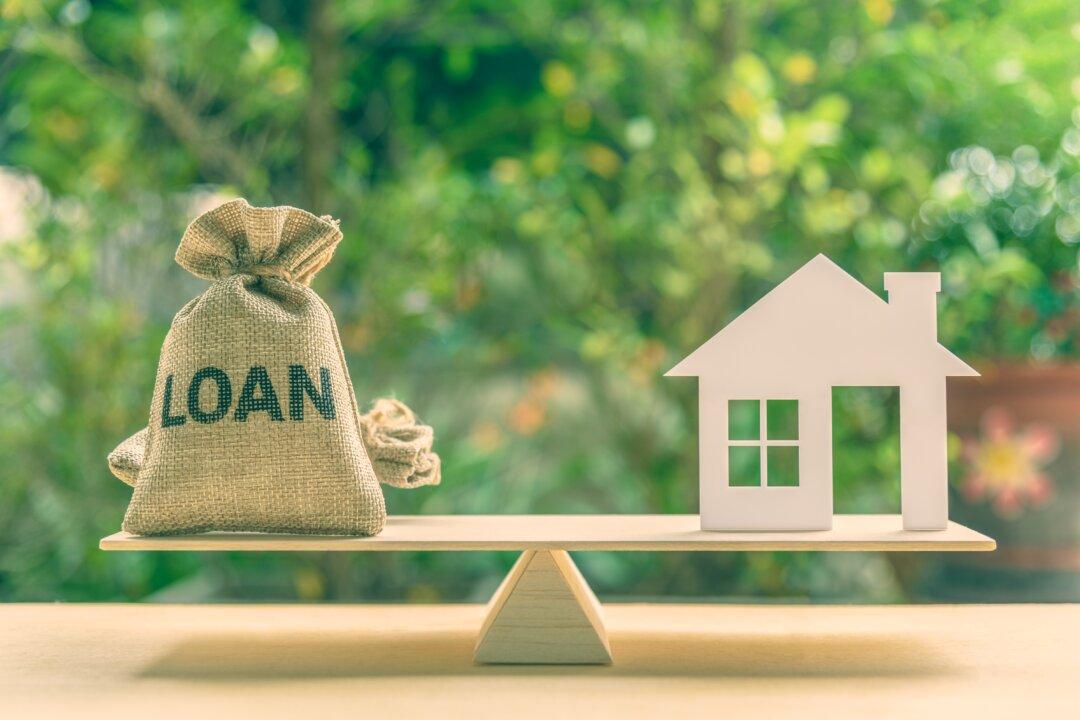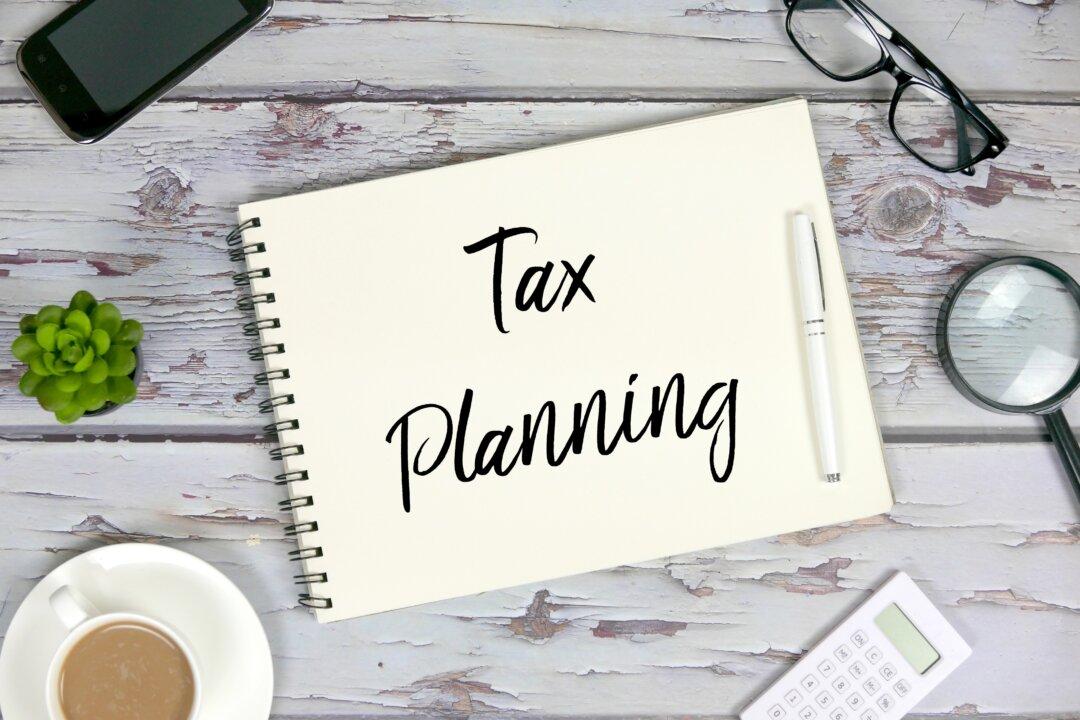Buying a home is a big expense.
And if you’re serving in the military or are a veteran, it can be more of a challenge compared to civilians.
That’s why the U.S. Department of Veterans Affairs (VA) developed the VA loan as a mortgage option explicitly for military personnel buying a house.
What Is a VA Loan?
It is a no or low down payment home loan offered by private lenders and backed by the VA up to 25 percent of the loan value.How Do VA Loans Work?
VA home loans are considered unconventional loans.They differ from conventional loans because VA loans are specifically guaranteed by the government. What this means is that if you fail to make your mortgage payments (i.e., default), the government agrees to repay part of the loan to the financial institution that gave you your VA loan.
And because your lender takes on less risk compared to a conventional loan, it’s relatively easy to get VA mortgage loans.
What Does a VA Home Loan Cover?
You can use a VA loan to:- Buy a single-family home or townhouse;
- Buy a VA-approved condo;
- Purchase a multi-family home with up to four units;
- Build a new home;
- Buy a home to renovate; or
- Add or update energy-efficient features to your current home.
How Does the VA Loan Work When Buying a House?
The process of applying for a VA home loan involves:- Getting a certificate of eligibility (COE) from the VA.
- Finding a lender specializing in VA loans. If you need help finding a lender that does, reach out to the VA Regional Loan Center in your area.
- Getting pre-approved by a lender.
- Going house hunting.
- Making an offer.
- Waiting for the lender to process your loan.
- Closing on your house.
How to Use VA Home Loan
Now that you have an idea of how the VA loan works and the best way to use VA home loan, let’s talk about some requirements.- Be on active-duty service member.
- Be an honorably discharged veteran with 181 days of active service during peacetime or 90 successive days of active service during wartime.
- Have served over six years in the National Guard or the Selected Reserve.
- Be a spouse of a service member who’s being held as a prisoner of war or died in the line of duty.
Besides the minimum service requirements, private lenders also have their own requirements.
Different lenders have different qualifying criteria. However, the VA encourages lenders to make VA home loans available to all qualified veterans who apply.
- Have a credit score above 620;
- Have a steady employment history;
- Have residual income;
- Have no delinquent federal debt;
- Keep your debt-to-income (DTI) ratio below 41 percent; and
- Occupy the home as a primary residence.
How to Apply for a VA Loan
Before applying for a VA loan, you'll need a certificate of eligibility to show mortgage lenders that you qualify based on your service history and duty status. You can apply for a COE through your lender, the VA website, or mail.Remember that for a VA-backed home loan, you will also need to meet your lender’s income and credit loan requirements to receive financing.
Types of VA Home Loans
There are four main types of VA loans you can apply for:- Purchase loan—It allows you to buy a home and get better terms than with a private-lender loan if you’re eligible.
- Cash-out refinance loan—If you want to take cash out of your home equity to pay for school, settle debts, or take care of other needs, a VA-backed cash-out refinance loan may be just what you need. This loan will substitute your current loan with a new one under different terms.
- Interest rate reduction refinance loan (IRRRL)—This is suitable if you have an existing VA-backed mortgage loan. An IRRRL can help reduce your monthly payments or make them more stable.
- Native American direct loan (NADL) program—Designed for Native American veterans or veterans married to a Native American. You can use this loan to purchase, build, or improve a home on federal trust land.
How Good Is the VA Home Loan in Comparison to a Conventional Loan?
1. Pros and Cons of a VA Loan
Pros:
- Zero down payment required, meaning you could finance 100 percent of the home’s value.
- No PMI fees required since you don’t have to put a down payment.
- There is no minimum credit score requirement.
- You can use the loan multiple times.
- There’s no cap to the amount you can borrow on a VA loan.
- There is no penalty for paying your loan off early.
- Struggling borrowers facing a potential foreclosure can get assistance from the VA.
Cons:
- You’ll be required to pay a VA loan funding fee charged as a percentage (from 0–3.3 percent) of the total amount of your loan.
- The zero down payment can leave you vulnerable in case of a shift in the housing market
- You can only use a VA loan to purchase or build a primary residence or to refinance an existing loan
- Only select types of properties are eligible for a VA loan.
- VA home loans can take longer to process than conventional mortgages.
2. Pros and Cons of a Conventional Loan
Pros:
- You can use a conventional home mortgage to buy primary or secondary residences, including rental and vacation properties.
- You’re not required to pay a funding fee.
- Putting a down payment is a better fit for your long-term financial goals.
- You’ll be required to put a down payment that’s 3–20 percent of the purchase price.
- A high credit score is typically required by a lender.
- Private mortgage insurance may be required if the down payment is under 20 percent of the purchase price.
What Is a VA Loan Limit?
This is the maximum amount the lender can give you without you having to make a down payment.How to Refinance a VA Loan
If you have an existing VA loan and would like to reduce your monthly interest or mortgage, consider applying for an Interest Rate Reduction Refinance Loan (IRRRL).The VA cash-out refinance is another option that lets you finance up to 90 percent of the value of your home.
Are VA Home Loans Worth It?
Yes!The VA secures a portion of the home loan, minimizing the risk to your lender and giving them the confidence to help you secure the best deal possible.
It doesn’t matter how many times you sell your house and buy another one; you can still get another VA home loan. And provided you have enough entitlement, you can have two VA loans at one time. This is especially helpful for active duty personnel who are transferred and want to buy a home without selling their existing property.
Down the road, if you encounter financial hardships and can’t afford to make your monthly loan payments on your home, the VA can provide assistance and support. They can help negotiate on your behalf and help you find alternatives to foreclosure if it comes to worst.
However, even if you’re eligible, there are situations when a VA loan might not be your best choice.
For one, unlike a conventional loan program, you may be asked to pay the VA funding fee, which can be expensive.
Second, even though no down payment is a perk for cash-strapped homebuyers, it means borrowing a bigger amount and starting off with zero equity.
Key Takeaways
Competing in the current housing market is tough for any prospective homebuyer, but it can be tougher if you have spent the last couple of years serving in the military.A VA mortgage can be a wonderful benefit if you qualify—especially if you want to purchase a home but haven’t yet saved enough money for a full down payment.
FAQs
1. What is a VA lender?
This is a financial institution that issues VA loans.2. Who does VA home loans?
The VA is not in the business of issuing mortgage loans. Instead, the agency offers a guarantee on each qualified mortgage loan.3. How much are VA loan closing costs?
As the buyer, you’ll be required to pay a VA funding fee, loan origination fee, VA appraisal fee, title insurance, state and local taxes, hazard insurance and real estate taxes.While you’ll typically pay 2–6 percent in VA loan closing costs VA, approved lenders can only charge 1 percent of your loan to cover their fees.

